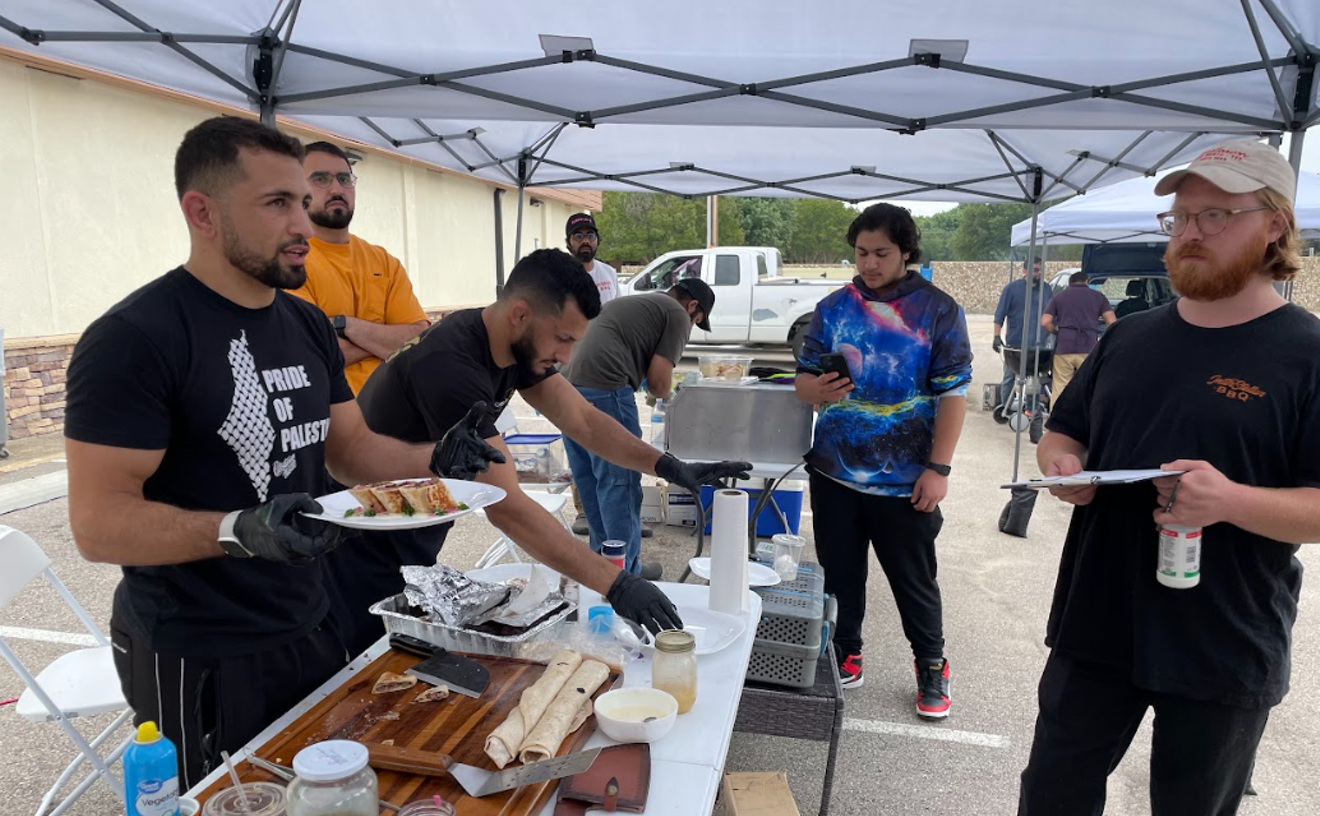The system suffers from arcane city rules that prioritize routine inspections over revisits to failing establishments, leading to rampant grade inflation, manipulation of data in the public-access database, and budgets that fail to cover new technology or keep up with the booming local restaurant industry. The fee a restaurant pays after failing an inspection has dropped from $380 to $71 in an attempt by City Council to be more business-friendly.
Two weeks ago, we published a long report on Dallas' food inspection unit, detailing all those failings and discussing possible solutions. We will continue to report on the problem as long as it continues. For this article, however, I am removing my reporter hat and putting on my critic hat to offer my opinion on what's needed for Dallas to address its problems.
1. Punish restaurants for failing their inspections.
This sounds like common sense, a step everyone can agree on. But in two ordinances over the past five years, Dallas City Council has slashed the fine assessed when a restaurant requires reinspection, from $380 to just $71. In effect, restaurants' incentive to stay clean has dropped by 81 percent. The moves were made in an attempt to be more business-friendly, but being customer-friendly is important, too. It's appalling that the city appears to be encouraging bad behavior on the part of restaurant owners.
2. Provide for new training for staff, the restaurant industry and even the general public.
Better-trained staff can ensure more consistent inspections, but training restaurant owners is important, too. A New York Times story reports that New York City offers free classes for restaurateurs, as well as "low-cost penalty-free consultations" for small-business owners who want to make sure they're on the right side of hygiene rules. The only restaurant industry education program Dallas offers is teachable moments during the inspection. Outreach can be a huge opportunity to encourage good behavior. Remember what they say about an ounce of prevention?
3. Invest in technology to help inspectors do their jobs.
Dallas officials told me that budget constraints have prevented the city from upgrading its technology, resulting in a permitting system that relies on old-fashioned pen and paper and triplicate copies. Up-to-date mobile devices and sophisticated software could keep inspectors filing reports from the field without bugs and give them more time for actual inspecting, instead of heading back to the office or seething in frustration at ancient tablets.
4. Adopt a risk-based assessment system, but use common sense.Diners shouldn't need college-level research skills to find out if their lunch spot is sanitary.
tweet this
Risk-based inspections are right around the corner. Dallas City Council could vote on the new system as soon as this fall; now, inspectors are working to establish categories of risk into which they'll sort every facility. High-risk restaurants will be visited more often, drawing closer scrutiny. The downside is that, according to the current plan, some facilities might be visited only once every two years. That sounds a little like cutting corners. To me, annual visits to each facility are necessary, if only for a quick look around rather than a full report, just to make sure things haven't descended into chaos.
5. Be willing to learn from other cities.
Cities across the United States and the world have different ways of conducting their inspections. They also have found innovations in public outreach, industry education and transparency. Maybe we'd do well to swallow our pride and pay closer attention to them — heck, maybe even talk to them and conduct a study of their best practices.
6. Report grades honestly.
Dallas inspectors feel pressured to inflate grades to meet workload quotas. The highest score that still requires reinspection, 79, has been handed out 45 times in the last 18 months, according to the public database. Just one point higher, and restaurants pass and don't need to be revisited. More than 750 restaurants received 80 grades in the same time frame. Evidence of grade inflation couldn't be more clear-cut or disturbing. We need to change the incentives for inspectors so that pressure to manipulate results is no longer a problem.
7. Report grades in a way that customers can understand.
In reporting our original story, a Dallas official told me that a score of 95 out of 100 is not necessarily a sign that a restaurant is a safe place to eat. So what's the point? Why do the ratings even exist if they're meaningless? We need a rating scale that makes sense, that's transparent and that we can trust.
8. Post those grades in public, on signs.
The official added that the only good way for a potential diner to make sure that a restaurant is safe is to demand to see the latest health inspection in full. Who does this? Who has time? One local restaurateur who manages multiple well-known establishments told me that nobody at any location had ever asked to see a full inspection report. Dallas reports are viewable online, too, but only by customers tech-savvy enough to operate a database with a user-hostile interface. We need those ratings to be not just available somewhere, but displayed. Prominently. Diners shouldn't need college-level research skills to find out if their lunch spot is sanitary. They should see a sign with an inspection rating — and be able to trust it.












